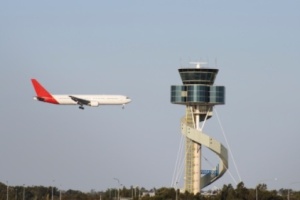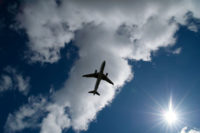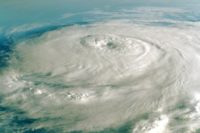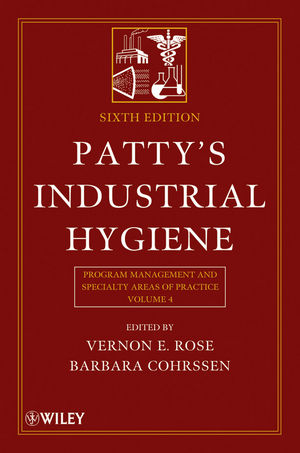 In an exclusive one-on-one interview Monday morning, Chesley Sullenberger III was asked what is the one most important thing safety professionals should do during a crisis.
In an exclusive one-on-one interview Monday morning, Chesley Sullenberger III was asked what is the one most important thing safety professionals should do during a crisis.
Unless you have been living under a rock, you know Captain “Sully” successfully ditched US Airways Flight 1549 in the Hudson River with no loss of life after its initial climb out of New York City on January 15, 2009, was disabled due to striking a flock of Canadian geese.
First, a few observations about this modern hero. Sully is lean and fit, and carries himself with the bearing of someone official, perhaps a senator or congressman. If you travel often, you have seen flight captains like Sully many times.
In our sit-down conversation, Sully does not talk like a politician at all. He is direct, honest, articulate, succinct, thoughtful, and a very smart man. He is a soft-spoken, sincere gentleman.
He said he did three things in the few short minutes he had to save the plane and the lives of passengers after the flock of geese disabled both engines:
First, he calmed himself down. His initial reaction to looking out of the cockpit and seeing both engines dead made his stomach churn and anxiety ruled his thinking. But years of experience helped Sully quickly get a hold on himself.
Second, he prioritized. Of the many, many tasks of a pilot, Sully chose to focus only on the ones relating to an emergency landing.
Third, he off-loaded. Tasks that he would normally do himself he delegated to the co-pilot. He wanted his undivided attention focused on landing the plane in the very short window of time he had with both engines out, only a matter of minutes. And of course, he pulled it off.




